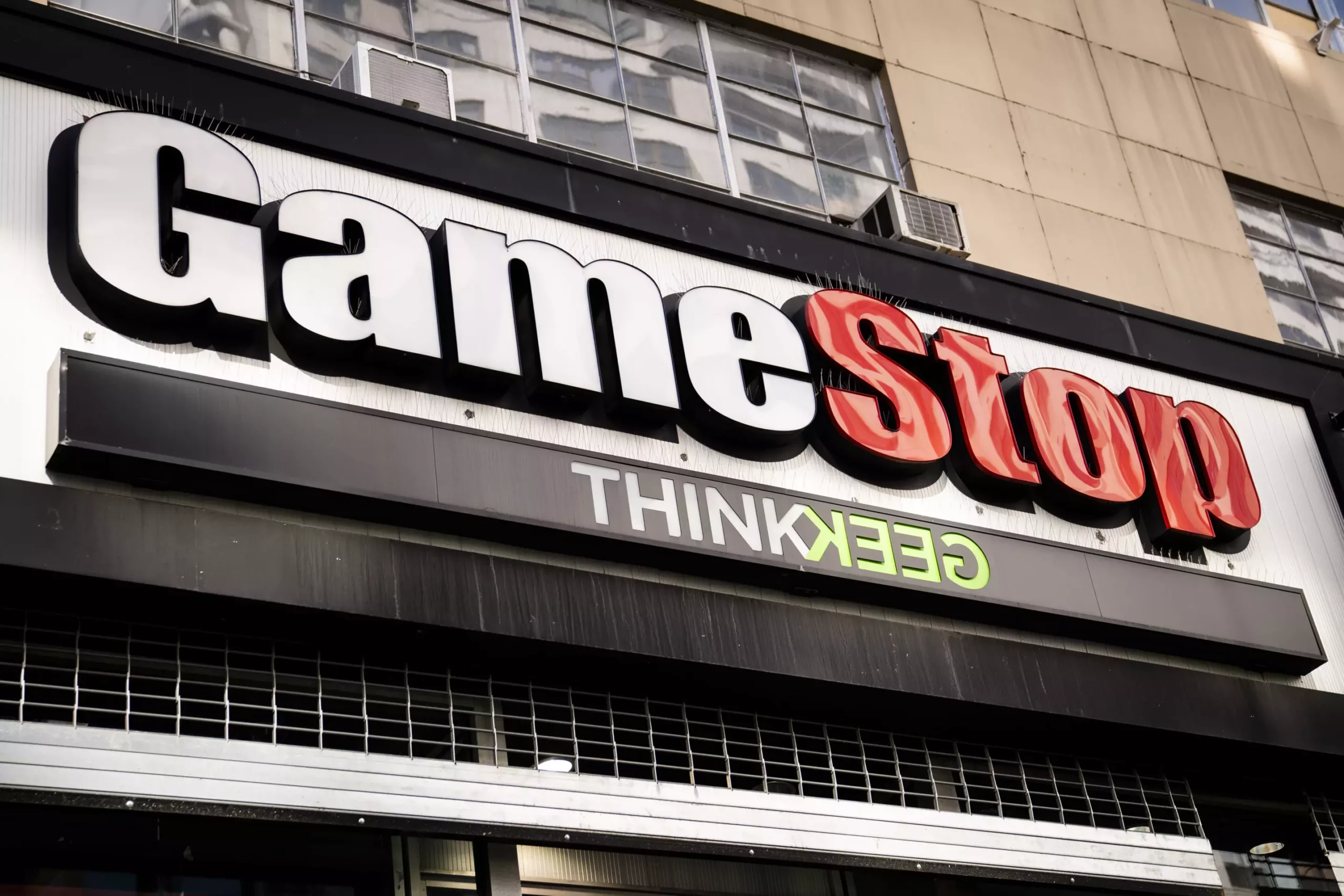In a significant move for the struggling video game retailer, billionaire Ryan Cohen, the largest individual investor in GameStop, is set to take over as CEO. This is a notable development as Cohen already holds the position of board chairman and is the company’s largest individual investor. GameStop, which gained notoriety as one of the prominent meme stocks that captivated retail traders on Wall Street, has been grappling with the rapid technological advancements reshaping the gaming industry. The CEO role at GameStop has been a revolving door, reflecting the company’s desperate efforts to adapt and survive. Just last June, GameStop fired CEO Matthew Furlong, a former Amazon executive hired two years ago to lead the struggling retailer’s turnaround. Previous CEOs of GameStop include Richard Fontaine, Daniel DeMatteo, Paul Raines, and George Sherman.
Ryan Cohen’s ascent to the role of CEO aligns with his overarching vision of transforming GameStop into a modernized retailer. Cohen’s holding company, RC Ventures, holds the largest stake in GameStop, with approximately 12% ownership. Having co-founded Chewy, the successful online pet supply company, Cohen recognized the urgent need for GameStop’s reinvention amid the disruptive forces of evolving technology. The rise of digital game downloads had rendered traditional brick-and-mortar game retailers like GameStop seemingly redundant. With the outdated model of purchasing physical game discs becoming less popular, GameStop faced an existential crisis.
The Spectacle of Meme Stocks
GameStop’s fate took a wild turn in recent years, captivating the attention of both Wall Street and Main Street. A band of small-scale investors catalyzed a stock frenzy that propelled GameStop’s shares to skyrocket by a staggering 1,000% in just two weeks. This unusual surge in GameStop and other downtrodden stocks revealed the significant power wielded by a new generation of traders armed with easy-to-use trading apps on their smartphones. The excitement surrounding GameStop reached its peak through passionate discussions on platforms like Reddit, with many voicing their desire to “stick it to hedge funds.” However, the Securities and Exchange Commission (SEC) staff later clarified that hedge funds were not typically affected by the investments in GameStop and other meme stocks.
GameStop’s tumultuous journey has witnessed both peak highs and dramatic lows. In June 2021, the company raised over $1 billion through a stock sale, following a previous offering that generated around $551 million. Last year, GameStop’s shares experienced a surge after the announcement of their first stock split in 15 years. However, the stock price has oscillated back and forth since then, with periods of volatility and relative stability. Currently, GameStop’s shares hover around the $20 mark.
The “Dumb Money” Movie
Such was the enthralling saga of GameStop’s meme stock phenomenon that it became the subject of a movie appropriately titled “Dumb Money.” The movie captures the essence of the unprecedented events that unfolded, showcasing the power of collective action fueled by social media platforms and a passionate investor community. GameStop’s rollercoaster ride, driven by retail investors, serves as a cautionary tale and a testament to the evolving landscape of investing and market dynamics.
A New Chapter for GameStop
With Ryan Cohen assuming the role of CEO, GameStop embarks on a critical chapter in its history. As the gaming industry continues to evolve rapidly, GameStop’s reinvention is imperative for its survival. Cohen’s expertise and strategic vision, honed through his success at Chewy, creates an optimistic horizon for the beleaguered retailer. The shifting dynamics of investing, influenced by social media and retail traders, further emphasize the need for agility and adaptability in the face of digital disruption. GameStop’s journey, though tumultuous, represents the wider narrative of transformation and resilience in a rapidly changing world.


Leave a Reply